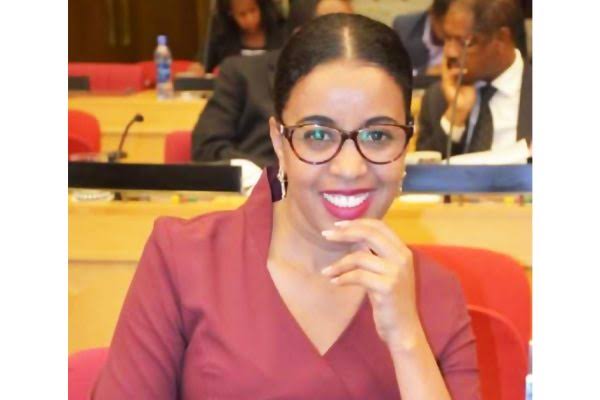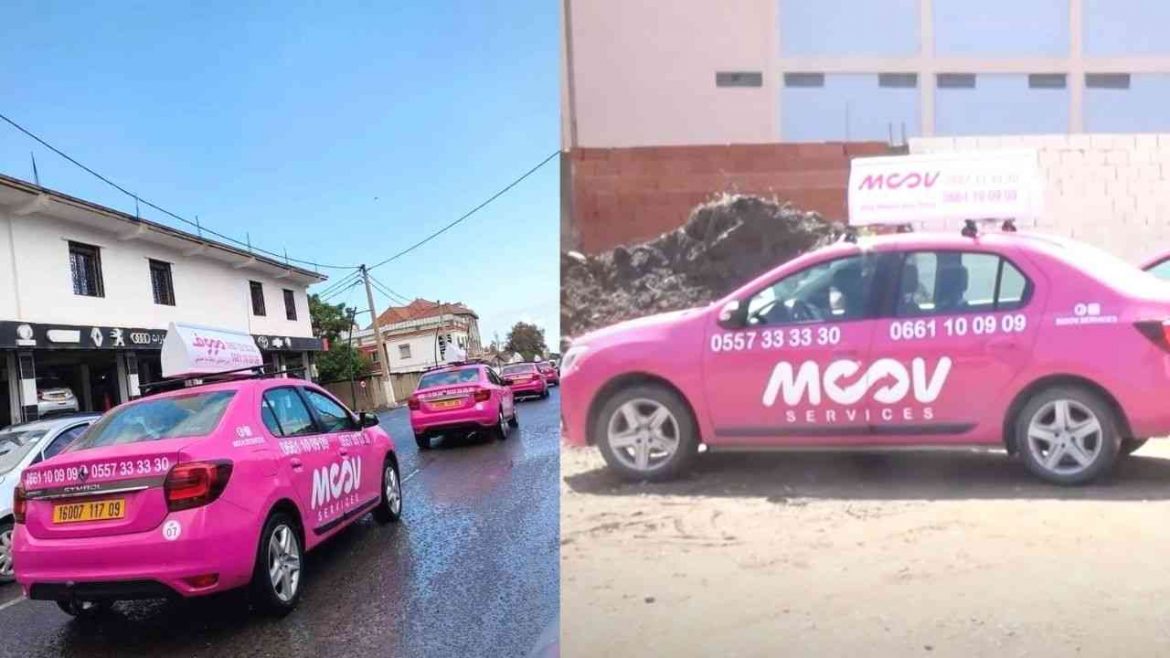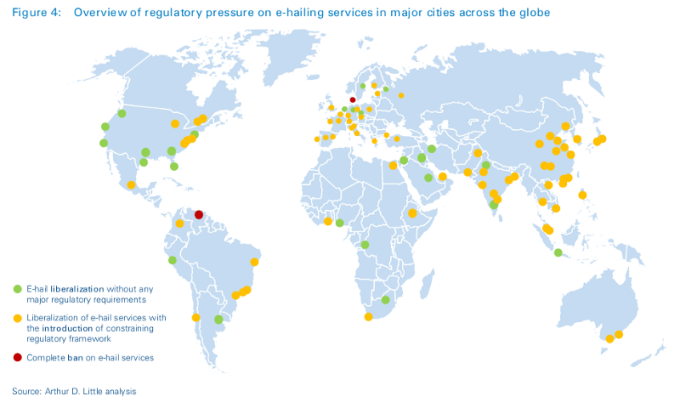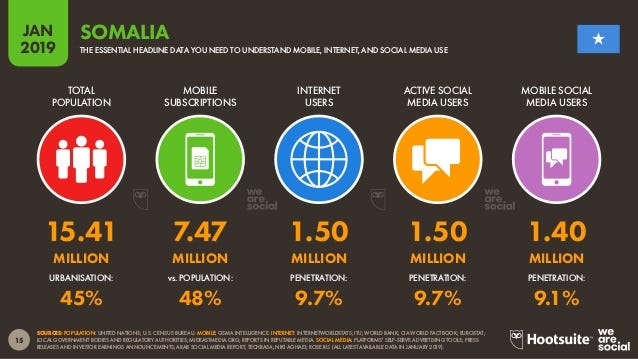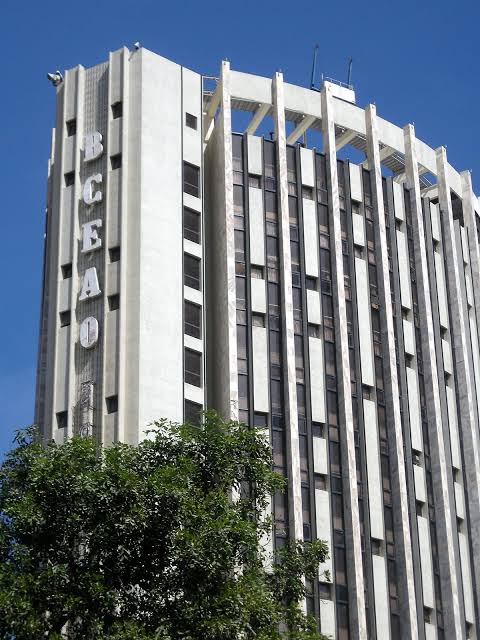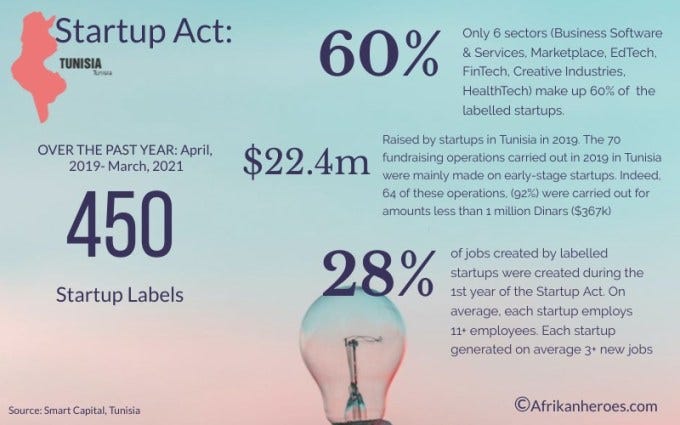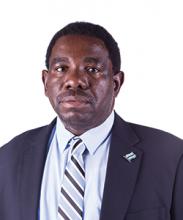Central Bank Of Egypt’s Latest Policy Inspires Local Bank To Launch New $380m Fund
While Nigeria’s central bank has been crushing startups in the country through regulations, Egyptian central bank’s new policy which now allows Egyptian commercial banks to commit up to 25% of all credit facilities directed towards small and medium scale businesses in the country into funds targeting startups, has inspired Banque Misr to participate in the establishment of a $380 million fund focused on carrying out operations in the health sector in Egypt, as well as in sub-Saharan Africa.

“This partnership leverages the technical and strategic expertise of Elevate Private Equity and the recognized investment experience of Misr Capital […] The platform set up will actively pursue M&A transactions in highly fragmented healthcare systems in our target jurisdictions,” said Tarek Moharram, Director of the Investment Platform.
“Our long-term strategy is to create larger, consolidated entities that provide comprehensive healthcare, in addition to creating a positive impact on economies, while providing superior returns to investors,” he said.
Here Is What You Need To Know
- Named Nile Misr Scan & Labs, this platform jointly launched with Elevate Private Equity will focus on high potential acquisitions in healthcare verticals including hospitals, diagnostic facilities and digital medical services.
- Its managers plan to raise $150 million before the first closing scheduled for the first quarter of 2022.
- Misr Capital, through this initiative, gives a new direction to its strategy, which is now oriented towards “responsible investments” in sectors such as health, which are among the priorities because of “the positive and real value that it adds to society.”
- Banque Misr and Elevate Private Equity wish to benefit from the continued rise in the penetration rate of medical insurance in Egypt as well as the growth of the middle class.
- The two partners also hope to take advantage of investment opportunities in the health sector in sub-Saharan Africa.
What Does The Central Bank Of Egypt’s New Policy Say?
According to the central bank, Egyptian commercial banks can now commit up to 25% of all credit facilities directed towards small and medium scale businesses in the country into funds targeting startups. Investments made by banks in the funds could reach as high as 70% of the total fund size of each fund in the first year of the investment; 50% in the second year of the investment; and 30% for the third of the investment.
Read also:Egypt Opens its Airspace in Anticipation of Tourist Influx
However, the central bank says all banks investing in the startup’s fund must be allowed to exit from the fourth year. To that effect, it mandates that each of the fund’s bye-laws must include the possibility of the fund allowing the bank to exit starting from the fourth year of the start of the fund’s business. For non-profits, a period of three consecutive years is given for such exit.
Read also:Suez Canal Bank Selects Temenos to Transform Digital Banking in Egypt
For a bank to be able to participate in the scheme, it must obtain the necessary license from the General Authority for Financial Control, responsible for regulating securities and investments in the North African country. A participating bank must also make sure that the total value of its investments into the funds does not exceed 10% of the bank’s principal capital. It must also make sure that its shareholding in the fund does not exceed 50% of the fund or company’s capitalization, unless the fund is part of the bank’s group of companies.
Finally, the central bank has now allowed banks to increase their risk exposure level on the credit facilities given to the startup funds from the previous 0% to a new 20%.
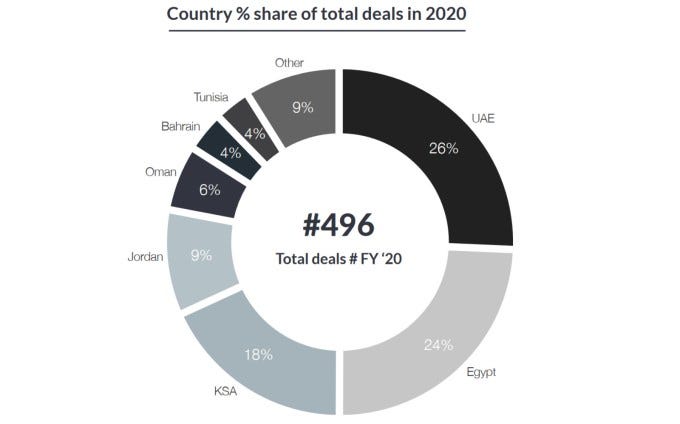
Read also: South African Fintech Firm Adumo Secures $15m From The IFC
The Implications Of The New Policy
The policy is well-timed. The startup ecosystem in Egypt has been booming and has large presence of local funds — Egypt Ventures, Algebra Ventures, etc. — who will, most likely, be the greatest beneficiaries of the fund. The policy will even increase the spate of this funding.
The new policy will, also, now allow banks to float investment funds targeting startups as part of their subsidiaries.
Charles Rapulu Udoh

Charles Rapulu Udoh is a Lagos-based lawyer who has advised startups across Africa on issues such as startup funding (Venture Capital, Debt financing, private equity, angel investing etc), taxation, strategies, etc. He also has special focus on the protection of business or brands’ intellectual property rights ( such as trademark, patent or design) across Africa and other foreign jurisdictions.
He is well versed on issues of ESG (sustainability), media and entertainment law, corporate finance and governance.
He is also an award-winning writer
Bank Egypt fund Bank Egypt fund


